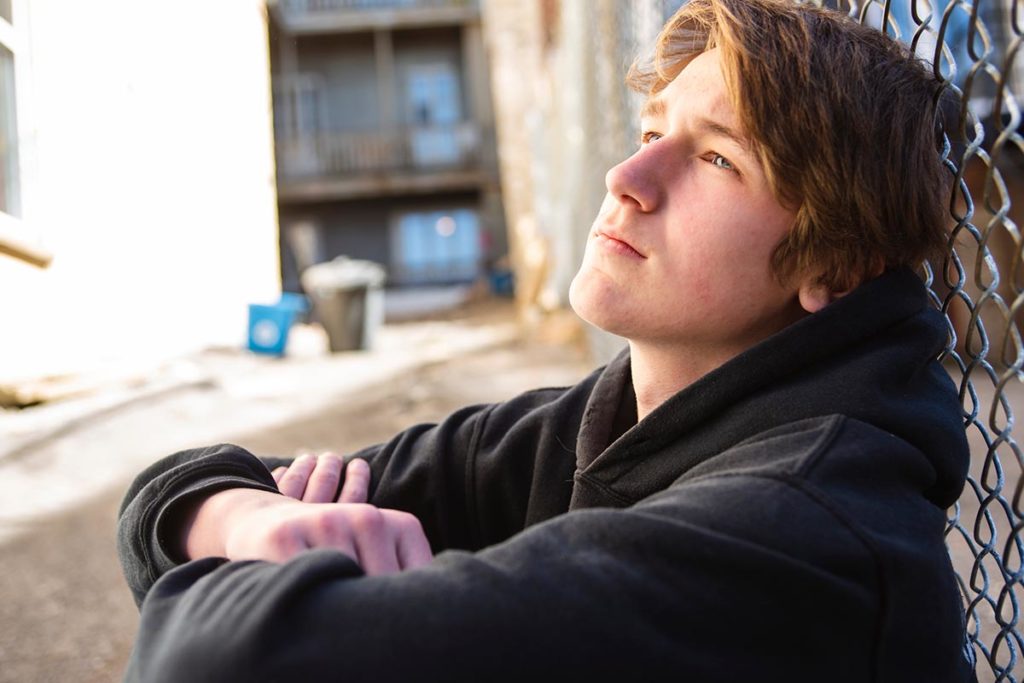Modern technology and media have brought more attention to the prevalence of bullying and its impact. However, many people still wonder if there’s a connection between bullying and mental health. The answer is yes. Bullying can affect mental health in many ways, including increasing a person’s risk of developing substance use disorders. Imagine Boise provides mental health treatment programs in Idaho that are designed to help teens recover from the effects of bullying. Call Imagine Boise today at 888.597.2807 to find out more.
What Is Bullying?
Some people have difficulty understanding the impact of bullying because they don’t fully understand what the term means. Almost everyone has experienced teasing, even cruel teasing, at some point in their lives. For most, a few isolated incidences have little or no lasting effect. Bullying is more serious than an occasional difficulty.
Bullying is defined as aggressive, unwanted behavior that may include:
- Teasing or name-calling
- Inappropriate sexual comments
- Threatening harm
- Purposeful social isolation
- Spreading rumors or gossiping about someone
- Purposely embarrassing someone in public
- Hitting or kicking
- Tripping or pushing
- Taking or destroying someone’s possessions
Bullying can occur in school, on the playground, among neighbors, on the internet, and even among family members. When the above behaviors are repeated, it can create an imbalance of power that may cause the victim to feel fearful and helpless.
Mental Health and Bullying
According to the National Academies of Sciences, Engineering, and Medicine (NASEM), young people who are bullied have a higher risk of developing depression than those who have not been exposed to bullying. However, bullying and depression, or other mental health concerns, are not isolated to the victim. Bystanders of bullying may also be negatively affected. They might fear retaliation if they intervene, which can lead to ongoing anxiety.
Children who bully others are also at risk. Over time, they are more likely to develop other or more intense anti-social behaviors, including substance use, aggression, and problems at school.
Signs your child may be being bullied include:
- Not wanting to go to school or other regular activities
- Avoids recess, lunchroom
- Frequent physical complaints – such as headache and stomachache
- Has difficulty concentrating
- Displays symptoms of anxiety or depression
- Has injuries without explanation
- Is passive or overly sensitive
- Has poor social skills
- Shows signs of poor self-esteem
Signs your child may be bullying others include:
- Equates being feared with being powerful
- Blames others for mistakes
- Likes to control situations or people
- Shows “sneaky” behaviors (small lies and misbehavior)
- Seeks attention through negative behavior
- Lack of impulse control
- Frequently appears to be defensive
- Lack of coping skills for their age
Research by the NASEM shows that being involved with bullying in any capacity increases a child’s risk of experiencing lingering mental health concerns that can affect their future. If your child exhibits signs of being bullied or perpetuating bullying, get help. Bullying and depression are serious issues that may require professional mental health services.
Bullying and Suicide
The link between bullying and mental health is a strong one. The connection between bullying and suicide is even more concerning. According to the CDC, the third leading cause of death among young people is suicide, and victims of bullying are between two and nine times more likely to consider suicide than those who have not been bullied.
Find Help at Imagine Boise
At Imagine Boise, we understand the impact bullying can have on a young person’s self-esteem and sense of belonging. You can protect your child from the long-term mental health concerns of being bullied or being a bully by intervening now. Our treatment programs are designed specifically to help teens and adolescents rebuild their personal confidence and recover from past traumas. If you’re concerned about mental health and bullying, reach out to Imagine Boise today at 888.597.2807 to learn more.

